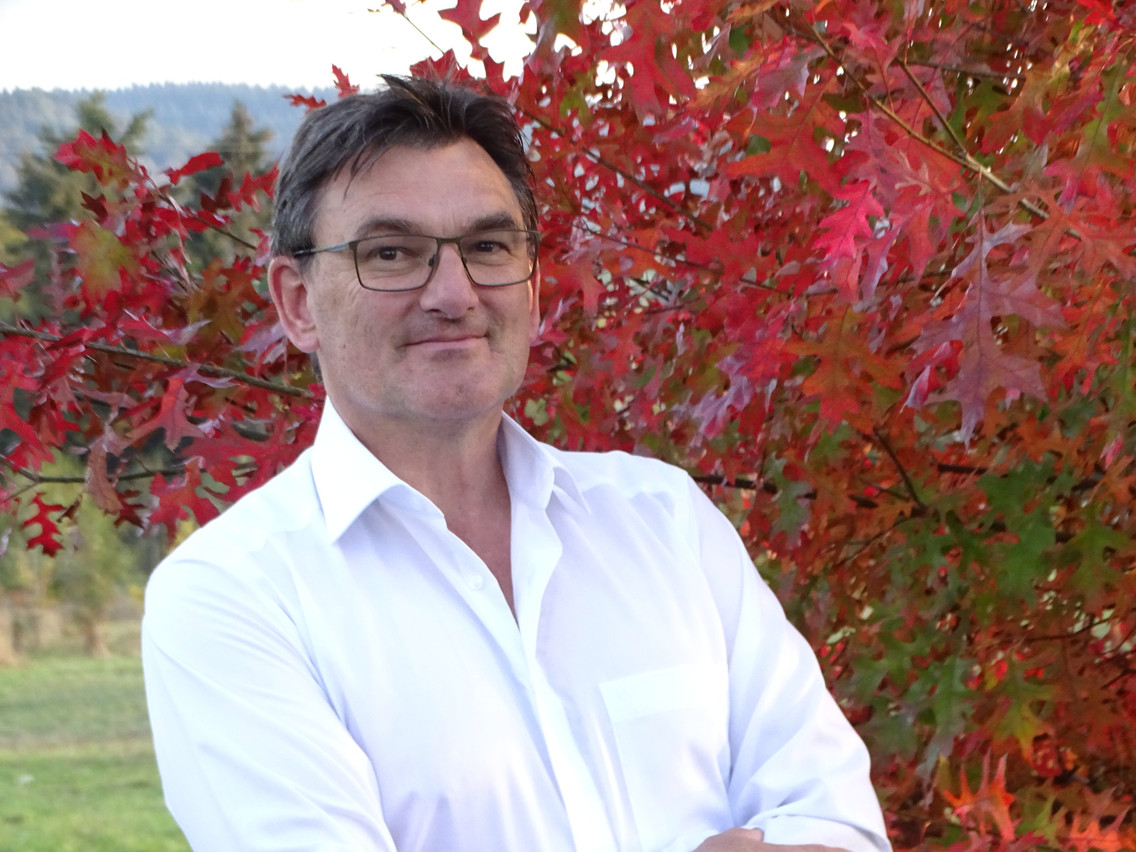German native Eike Jablonski has been teaching at the ‘Ackerbauschoul’, an agricultural school in northern Luxembourg, for 28 years, focusing on forestry and climate subjects. A tree expert, author and the president of the German Dendrological Society, Jablonski recently was chosen to be part of a worldwide United Nations specialist group on fast-growing woody plants and renewable raw materials for food and agriculture.
Adopting and adapting to climate change
The International Commission on Poplars and Other Fast-Growing Trees Sustaining People and the Environment (IPC), called the International Poplar Commission for the last 40 years, used to look at poplars and willows to study fast-growing woods for use in the paper industry. Years later, during a meeting in Rome in September, the commission decided to adapt its mission to contemporary problems, like climate change, and added 18 additional wood species to its catalogue.
“This is now much more about eco-forestry systems--which means that you can actually mix agricultural crops with forestry crops. And that people basically have a forest that looks different from what we imagine and at the same time can keep agricultural crops or, for example, livestock under it, or that they can make certain cultivation systems of some cereals and legumes,” explains Jablonski.
Composing the forests of the future
“Forests will look different in 40 years than they do today,” according to the expert. “The tree species composition and the use of forests and trees will change.” As a worldwide specialist for linden and oak trees, Jablonski’s job in the IPC is to see which fast-growing woods can be used sustainably in the future.
“Before that, I was busy describing these things on a worldwide level and I recorded them and then looked to see if they met the criteria we have. Now, my focus is on seeing whether they fit into this scheme of ‘fast-growing tree species’. So, [the experts collaborate to] look at whether they are suitable for the goals that the IPC is aiming for.”
Luxembourg itself is not part of the IPC, but the fact that EU experts are part of the committee means that proposals issued by the IPC might end up reaching its agriculture and environment ministries someday.
A shift in mentality
With forty years of expertise in this particular domain--the professor continued his research alongside teaching--Jablonski noticed a change in the mentality around forestry and its role. Alone the name change of the IPC is telling, but these days, “the sustainability concept is very much in the foreground.”
“A tree or a forest fulfils many functions. So it’s no longer just about the economic aspect of forestry but also the recreational aspect, the environmental aspect, water retention, biodiversity, species diversity, the recreational factor for people,” the teacher says. Trees also play an important role in cities, where they filter the air and cast shadows and regulate ambient temperatures.
“The economic idea of seeing the forest as a business location has completely changed into the idea that a forest--or a tree--has to fulfil many tasks.” The IPC’s experts therefore collaborate to study different species and try implementing them in locations outside their original habitat. “The aim is to see what possibilities we have and where we could test them out.”
Ultimately, though, it will be up to the ministries to adopt the tree-based solutions to mitigate the impact of climate change. The IPC will bring out reports every year or two to guide them in their decisions.
